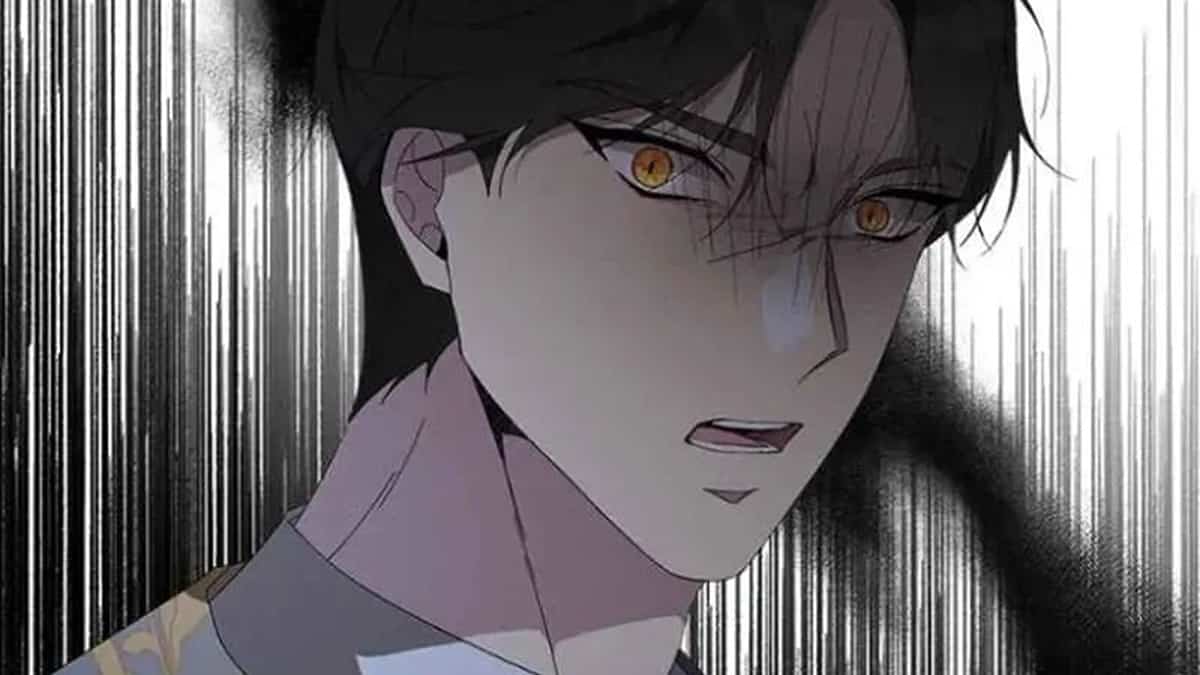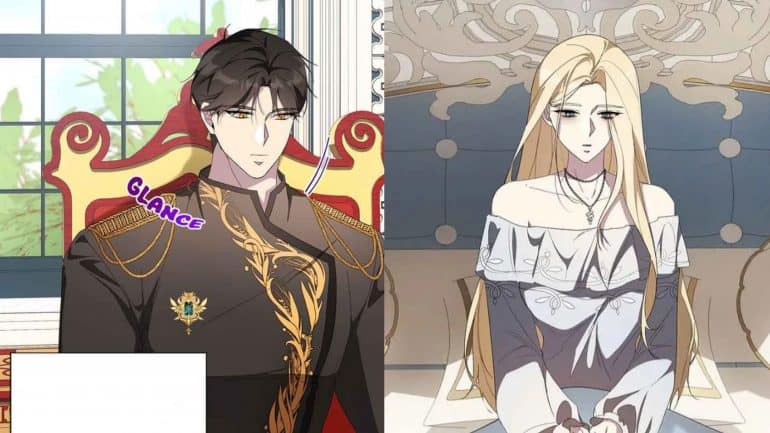This article discusses There Were Times When I Wished You Were Dead 78, hopefully providing additional knowledge for you.

There Were Times When I Wished You Were Dead: Exploring the Complexities of Grief and Anger
Every now and then, a painful memory surfaces that I try to shove deep down into the recesses of my mind. The hurtful words, the bitter arguments, and the sheer disappointment that stained our relationship. In the midst of my anger, a venomous thought would slither into my consciousness: “There were times when I wished you were dead.”
To utter such a sentiment is taboo, a confession that could shatter social norms and invite judgment. But this raw emotion, a twisted mixture of grief and rage, is more common than we care to admit. It’s a testament to the intricate tapestry of human emotions, where love and hate can coexist, and where the pain of loss can morph into a ruthless desire for revenge.
The Shadow of Grief
When we lose someone we love, it’s natural to experience a range of emotions, from sadness and despair to anger and resentment. These emotions are a reflection of the broken bond, the shattered dreams, and the emptiness that lingers after a loved one’s departure.
In the depths of grief, our perception of the deceased can become distorted. The memories of happy times are overshadowed by the pain of their absence, and the hurt they caused us in life can be magnified. It’s during these vulnerable moments that the wish for their death can surface, a desperate attempt to escape the torment of their loss.
The Power of Anger
Anger is an integral part of the grieving process. It’s a reaction to the injustice of death, the unfairness of losing someone we love. It can be directed at the deceased, at ourselves, or at the world in general.
While anger can be a destructive force, it can also be a catalyst for change. It can motivate us to seek justice, to demand accountability, or to find closure. However, when anger consumes us, it can lead to destructive behaviors and sabotage our ability to heal.
Reconciling the Contradictions
The desire for revenge is a natural response to the pain of loss. It’s a way of trying to reclaim our power and to punish those who have wronged us. However, this path is ultimately self-destructive.
To truly heal from grief, we need to find a way to reconcile the contradictory emotions of love and hate. We need to acknowledge the pain they caused us, while still honoring the memory of the bond we shared. This is a delicate balancing act, one that requires compassion and forgiveness.
Expert Insights and Tips
Experts in the field of grief and loss emphasize the importance of processing these difficult emotions in a healthy manner. They recommend:
- Allowing yourself to feel the full range of emotions without judgment
- Seeking support from friends, family, or a therapist
- Participating in grief support groups or online forums
- Engaging in self-care activities that promote healing
- Focusing on the positive memories of the deceased
By following these tips, we can gradually move through the pain of grief and learn to live with the absence of our loved one. While the wish for their death may never fully disappear, it can become a less dominant force in our lives.
FAQ
Q: Is it wrong to wish that someone who has hurt you were dead?
It’s not always wrong, but it’s important to understand the emotions behind the wish. If it’s driven by grief and anger, it’s a natural reaction. However, it’s crucial to avoid acting on these impulses.
Q: How can I cope with the guilt associated with wishing someone were dead?
Acknowledge your feelings without judgment. Remember that grief and anger are complex emotions. Seek support from others who understand your pain.
Q: What if I can’t seem to move on from the anger and hatred?
Consider seeking professional help from a therapist or counselor. They can provide support and guidance as you navigate the complex emotions of grief.
Conclusion
The sentiment “There were times when I wished you were dead” is a testament to the complexities of human emotions. It’s a raw and honest expression of the pain, anger, and grief that can accompany the loss of a loved one. While it’s important to acknowledge these emotions, it’s equally crucial to find healthy ways to process them. By understanding the power of grief and anger, and by seeking support from others, we can learn to reconcile the contradictions within ourselves and move forward with our lives.
Are you struggling with the complex emotions of grief and anger? Share your experiences in the comments below.

Image: otakukart.com
We express our gratitude for your visit to our site and for taking the time to read There Were Times When I Wished You Were Dead 78. We hope this article is beneficial for you.